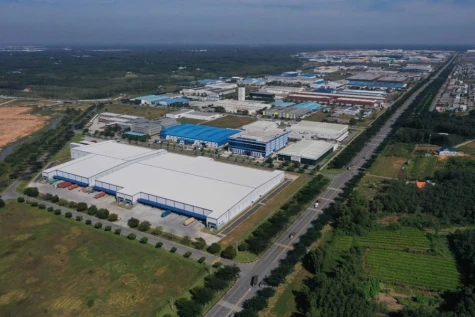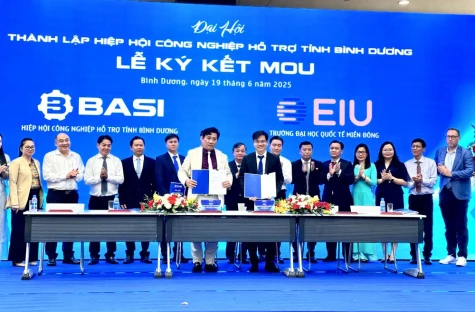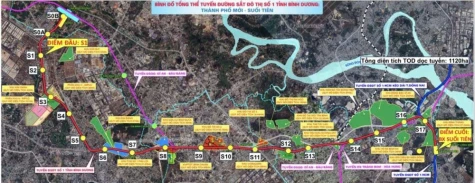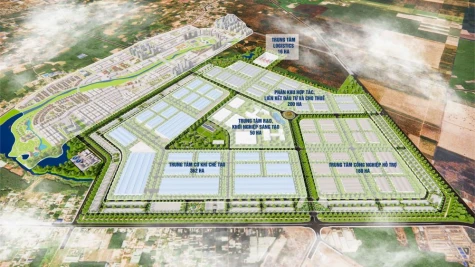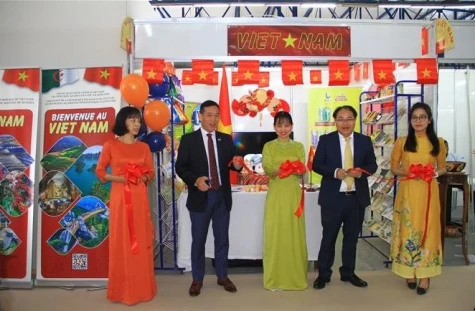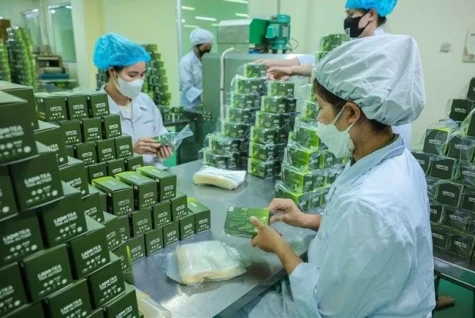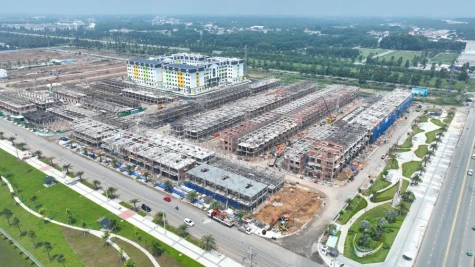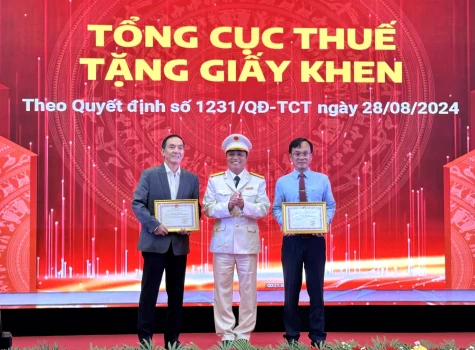The steering committee for the building of a project on the private economic sector's development convened its inaugural session on March 15 to outline the framework, objectives, and orientations of the project, which will be submitted to the Politburo.
.PNG)
At the meeting, members discussed the legal and practical foundations of the project, as well as its structural components and key contents. The private sector, first formally recognised in the documents of the 6th National Party Congress in 1986, has since been reaffirmed in subsequent resolutions. Notably, Resolution No. 10-NQ/TW of the 12th Party Central Committee, positioned the sector’s development as a crucial driver of Vietnam’s socialist-oriented market economy.
Currently, the private economic sector comprises over 6.1 million business establishments, including approximately 940,000 registered enterprises and over 5.2 million household businesses. The sector contributes around 50% of the country’s GDP, accounts for over 56% of total social investment, employs approximately 82% of the workforce, and generates around 30% of state budget revenue and more than 30% of total import-export turnover.
The committee highlighted the need for the project to address bottlenecks and institutional barriers, while fostering a transparent, secure, and conducive environment that activates and fully mobilises public resources and capitalises on entrepreneurial spirit. It is also important to encourage innovation and improve the economy’s competitiveness in the new era.
The project must also outline breakthrough measures, policies, and mechanisms to accelerate the private sector's sustainable growth, positioning it as a cornerstone of the country’s industrialisation and modernisation, and helping realise Vietnam’s ambition to become a high-income developed nation by 2045.
Concluding the session, Deputy Prime Minister Nguyen Chi Dung, who also serves as standing deputy head of the committee, called for robust and transformative policies in the project, ensuring high feasibility and alignment with the country’s requirements in its new era. The final outcome is expected to be a draft resolution for the Politburo’s consideration.
Dung underscored the importance of clearly defining the private sector’s role as a primary economic driver, supported by concrete data and a comprehensive evaluation. The goal is to reach 2 million private enterprises by 2030, including 1,000 leading firms pioneering in key sectors.
He requested the policies be categorised by business type and sector while ensuring connectivity and alignment among financial, technological, land-use, taxation, and workforce training policies. Solutions, meanwhile, must be legally sound, grounded in practical realities, and informed by international best practices, with a high degree of actionability.
Finally, the Deputy PM instructed that the project be concise and focused, with actionable solutions to address the most pressing barriers hindering private sector development. It is necessary to hold workshops and consultations with ministries, sectors, local authorities, economists, scientists, industry associations, businesses, and the public to refine the project before submission./.
VNA








